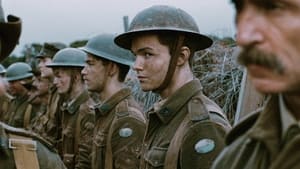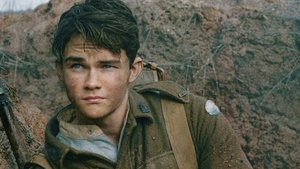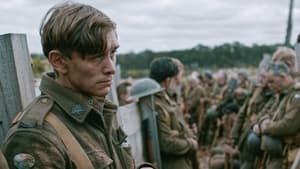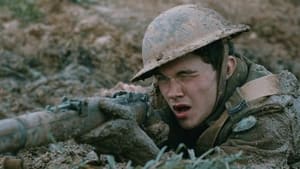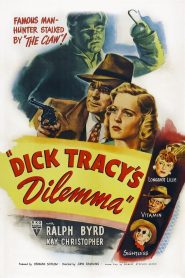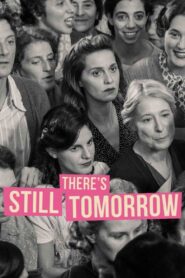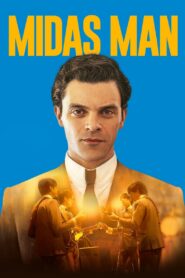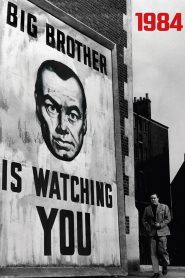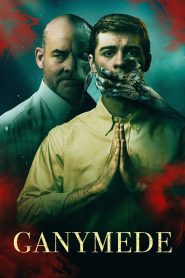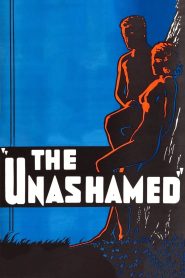
Video Sources 39 Views Report Error
Synopsis
Inspired by the real-life diary entries of local ANZACs (Australian and New Zealand Army Corps), this feature film delves into the harrowing yet heroic experiences of soldiers whose bravery and sacrifice shaped some of Australia’s greatest military victories. The film offers an intimate portrayal of the men behind the medals, shedding light on their personal struggles, camaraderie, and the often-overlooked emotional and psychological toll of war.
The story begins with a group of young soldiers from small towns across Australia, who, filled with a sense of duty and adventure, enlist to fight in World War I. The film carefully chronicles their journey from the bustling streets of Sydney and Melbourne to the harsh and unforgiving battlefields of Gallipoli, the Western Front, and beyond. Through their eyes, we witness the brutality of war—the deafening sounds of artillery, the suffocating trenches, and the ever-present threat of death.
At the heart of the film is a series of diary entries, penned by the ANZACs themselves, which serve as a poignant reminder of the humanity amidst the horrors of war. These writings, often scribbled in moments of quiet between battles, reveal the soldiers’ innermost thoughts, fears, and hopes. They speak of the bond that formed between them, a brotherhood forged in the fires of war, as well as the longing for home and the loved ones left behind.
As the narrative unfolds, the film highlights several key battles that were instrumental in securing military victories for the ANZACs. These include the grueling campaign at Gallipoli, where the ANZACs, despite being vastly outnumbered and outgunned, displayed extraordinary courage and resilience. The film also covers the pivotal battles on the Western Front, where the ANZACs played a crucial role in turning the tide of the war. Each battle scene is meticulously recreated, capturing the chaos, fear, and adrenaline of combat.
But beyond the battlefield, the film also explores the emotional journey of the soldiers. It delves into the impact of war on their mental health, as they grapple with the loss of comrades and the trauma of what they have witnessed. The diary entries offer a raw and unfiltered glimpse into their psyche, revealing the toll that war takes on even the strongest of men. The film does not shy away from showing the devastating effects of post-traumatic stress disorder (PTSD), as some soldiers return home forever changed by their experiences.
In addition to the soldiers, the film also honors the role of the nurses and medics who tended to the wounded, often at great personal risk. Their contributions are highlighted through the stories of several key characters, whose compassion and dedication provide a stark contrast to the violence of the battlefield.
As the film draws to a close, it reflects on the legacy of the ANZACs and their place in Australian history. Their courage, sacrifice, and unwavering spirit are celebrated, not just as military heroes, but as ordinary men who rose to extraordinary challenges. The film serves as a powerful tribute to their memory, ensuring that their stories, once confined to the pages of a diary, will never be forgotten.
Original title Before Dawn
IMDb Rating 5.2 351 votes
TMDb Rating 5.5 5 votes
Director
Director
Cast
Jim Collins
Thomas Nickels
Don
Cpl Beale
Sgt Beaufort
Big Tooth
Ned Wright
Anzac Soldier
Hammond
Charlie




